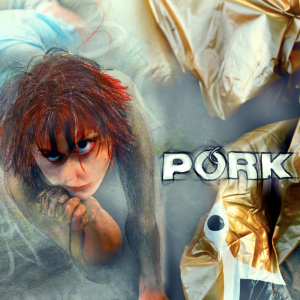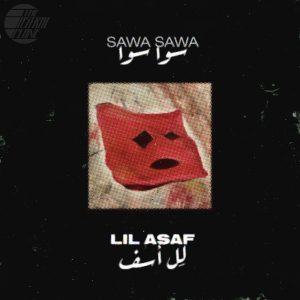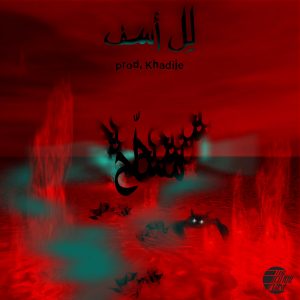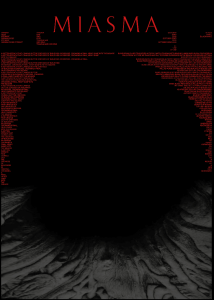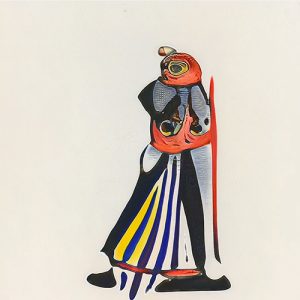“Everything I do is always a reaction to my environment!” exclaims Zeynab Marwan, in reply to the question of whether context is important in her music. If you’ve ever listened to the Beirut-born artist’s production under her Thoom moniker, it’s pretty much a given. That’s whether it’s in the stark and speedy Arabic percussion and clipped crashes, sweeps and oscillations of ‘Mikal Jackzon’, or the clattering rhythm of US American industry in ‘حركت السكوت (No Speech)’ on the Blood and Sand.
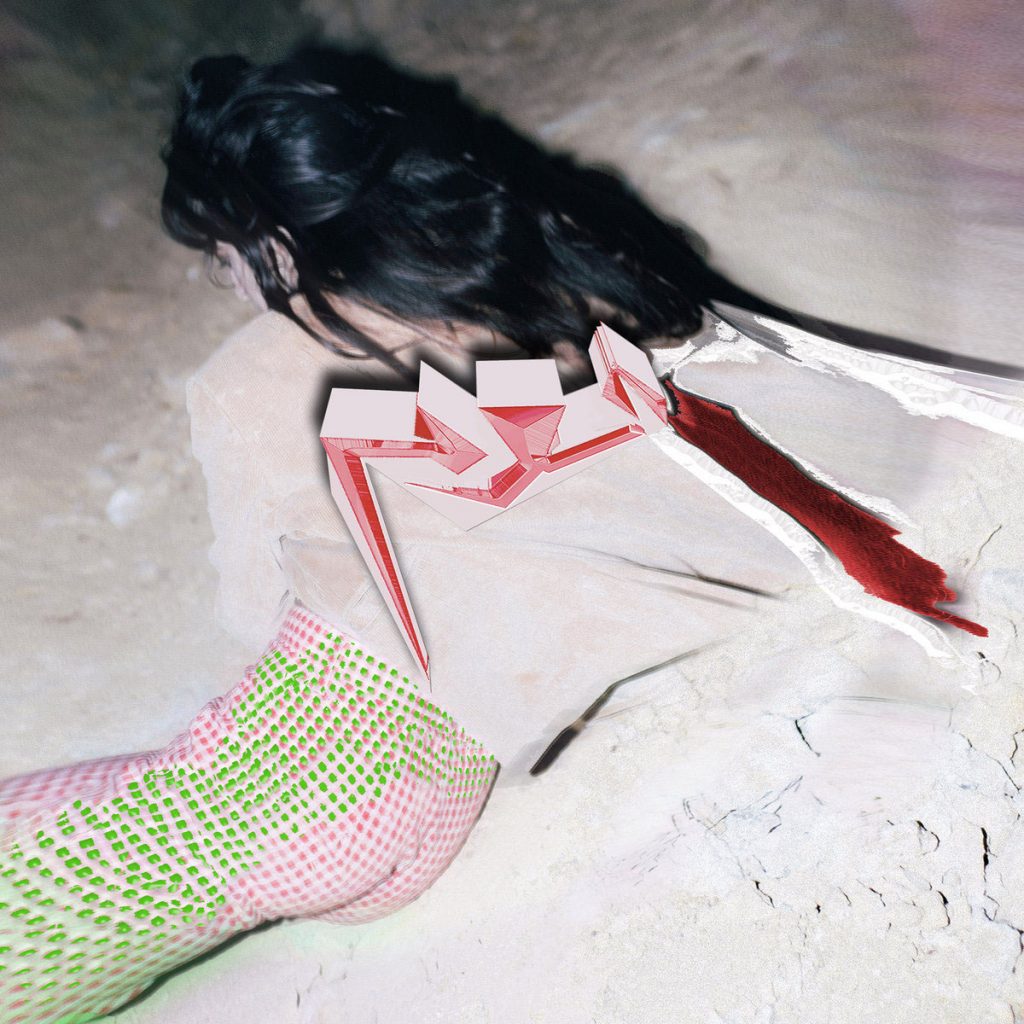
Released via Oakland’s Club Chai label in 2017, that EP embodies the furious, nervous energy of change and upheaval; a kind of uncertain though optimistic intensity that also comes through in the artist’s email correspondence. Having been spirited away from Beirut following a performance with Tunisian producer Deena Abdelwahed on the eve of Lebanon’s October Revolution, Marwan is back on the ground in the capital city of her birthplace, having only recently moved to Berlin from Chicago.
Born in Beirut before emigrating to the tiny Iowan town of Ames in the US, Marwan has been moving between the two countries, while maintaining her connection to both. Representing the kind of peripatetic existence of many a diasporic identity, her work sits comfortably amongst the hybrid and international approach to production shared by a number of post-club artists and labels exploring a global sound.
Thoom has worked with the likes of E-Saggila and Scim in the past, is a part of New York’s Discwoman roster and has a couple of new solo and collaborative releases in the pipeline. In the meantime, Marwan will also be performing in support of The Transcendence Orchestra at Berlin’s Traumabarundkino on December 13, where she’ll present a special set using repetitive compositions, utterances and song oscillating between the vulnerable, the playful and the confrontational. It’s that kind of urgent and apprehensive force, that’s clearly a part of Marwan’s area of expertise.
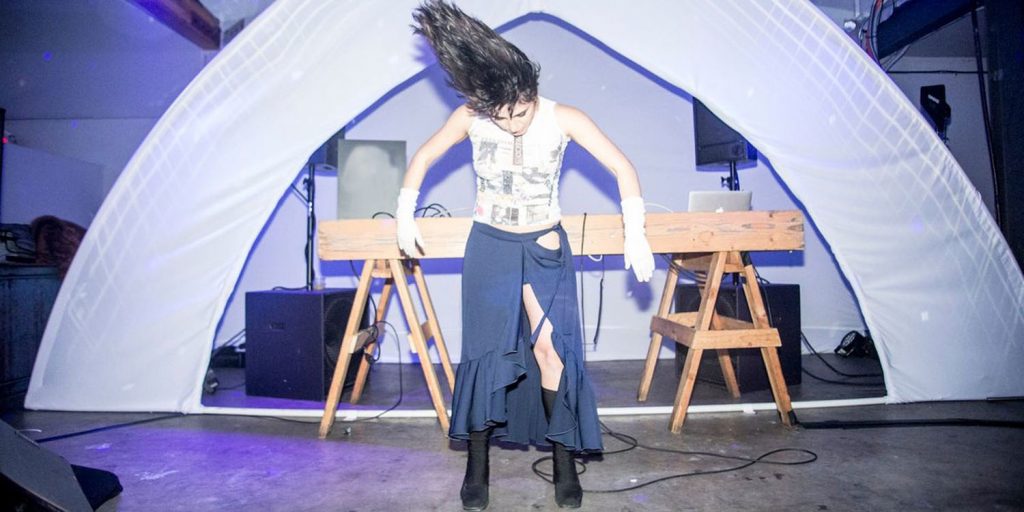
**You were in Beirut when we were organising this interview, are you still there? Was there any particular reason you were there this time?
Zeynab Marwan: I go back to Beirut as often as I can afford, all of my family lives there. I happened to be there the night the revolution started over a month ago. I was playing a show with Deena Abdelwahed and I had a flight to Milan the same night at 4 am. So as soon as my set ended, my friend was like, you have to leave right now, they are burning all the trash and closing the roads, the airport roads are closing, everyone is calling for a revolution… I left and came back to Beirut because it is an urgent moment right now. For the first time people are assembling together regardless of their sectarian affiliations and religion because they want a new government. Every single day we go down, we are reclaiming public spaces, spaces that have been privatized and diligently excluded the majority of people that live in Beirut. The level of organization in all of this is astounding; there is free food everyday for protesters, discussions and tactful meetings around lebanon every day.
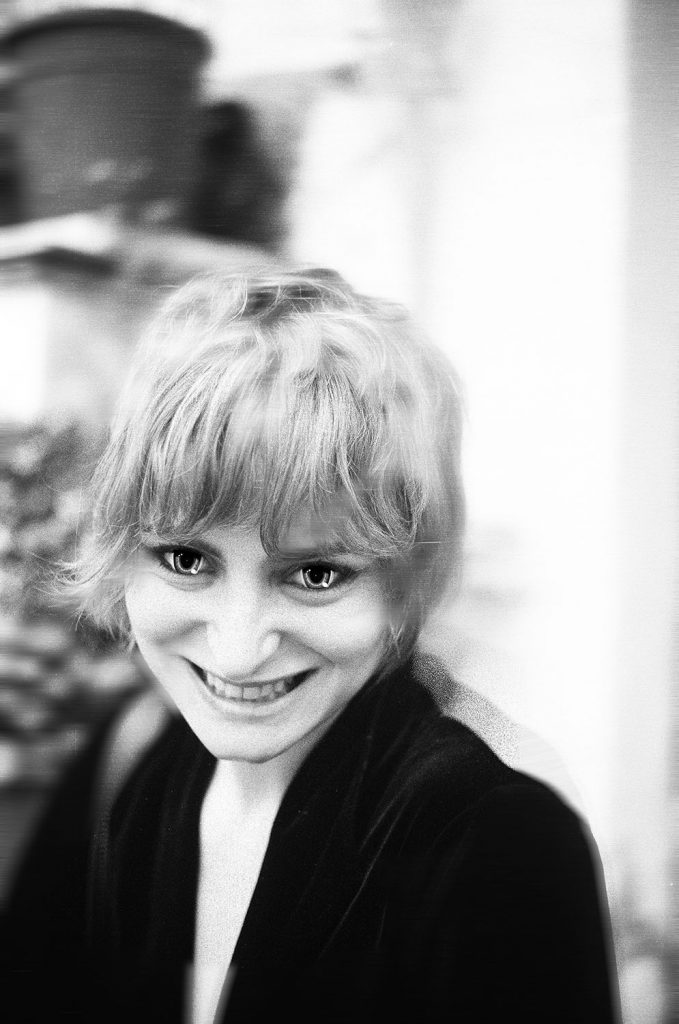
In compassionate gestures and moments like these, you can really see and start to imagine a world and structure outside capitalism, a possible future. Going from that, it is completely maddening to be standing in a German grocery store waiting in line… “Bitte schon, danke schon…” So yeah, I went back.
**You mention you are from the area of Tarik Jdideh, rather than Beirut, is there something specifically singular about that district that made you want to distinguish it from the rest of the city?
ZM: It’s a very specific place in Beirut and it feels like I always inherently reference what it means to me and my time there.
**I ask because I’m interested in this description of you music in your bio as “digital Arabic percussion and rhythm mixed with aggressive arrangements that call forth the metallic repetition of midwest American industry”. Can you elaborate on how this Midwestern industry figures in your sound and approach?
ZM: Yeah, I think as a result of spending so much time of my life in Iowa, living by the train, being surrounded by agriculture, farmlands, industry, there is a certain soundscape you constantly hear. It’s a rhythm like any other rhythms.
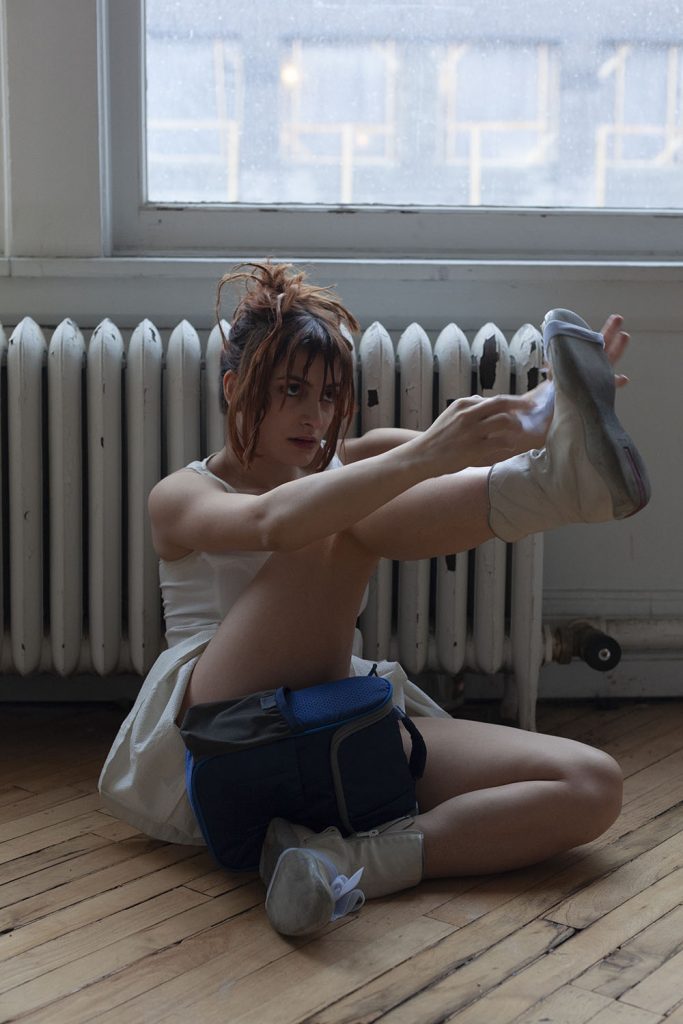
**Tell me about how you work, do you use any hardware and do you sample much? Who are some of your major influences?
ZM: My influences are pretty broad and not only music based. I was making visual art for most of my life before I started making music, so I really love and admire artists working in multiple mediums, like Chino Amobi. I use samples, of course. But I haven’t used hardware that much. It has never really been accessible to me.
**I’ve seen you’ve done a few collaborations with other producers. Do you tend to work remotely or IRL, are there any pros and cons to either of these approaches?
ZM: Both. I don’t really like to make music alone too much. Making music with other people whether through stems or IRL is the most incredible and romantic feeling in the world!**
